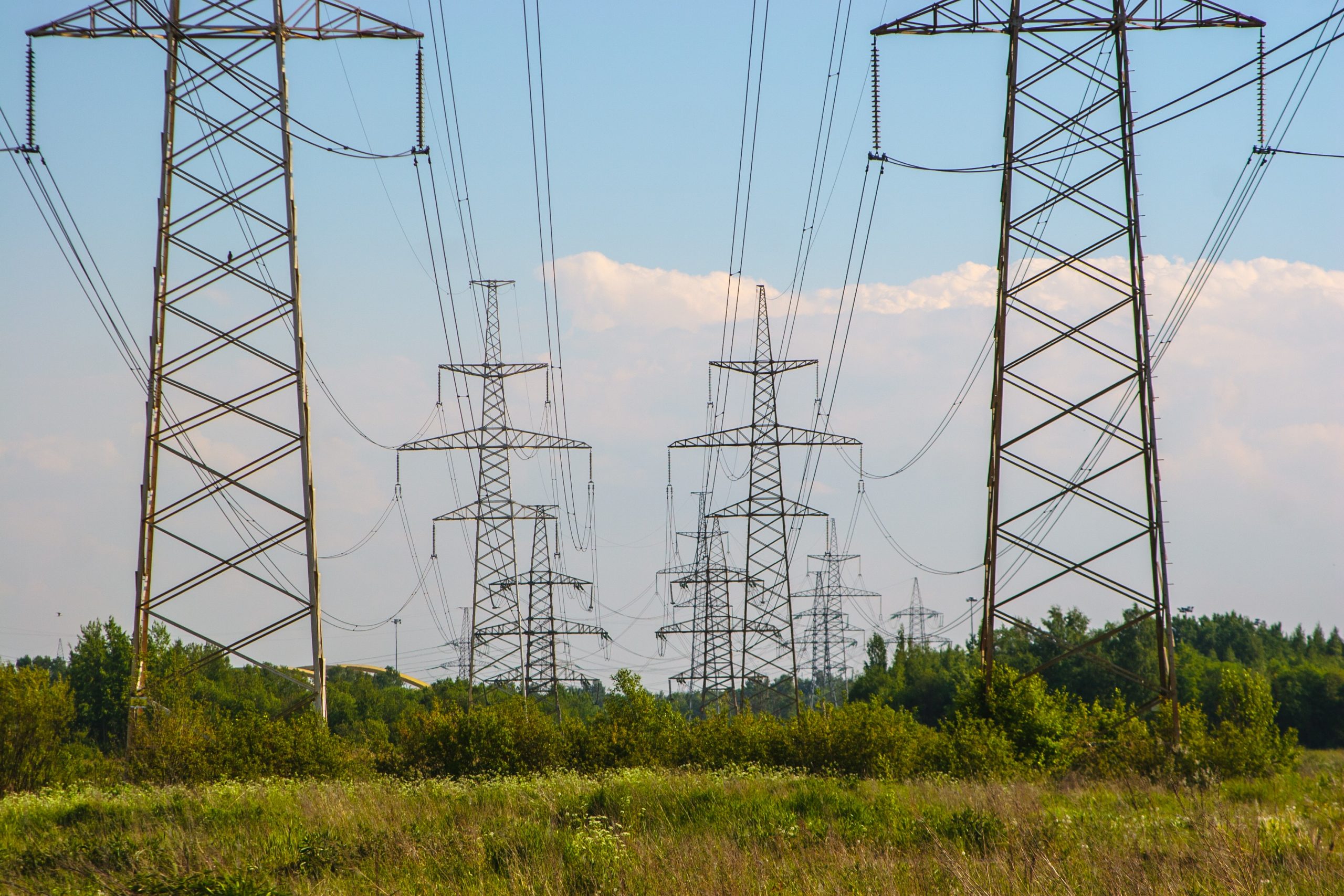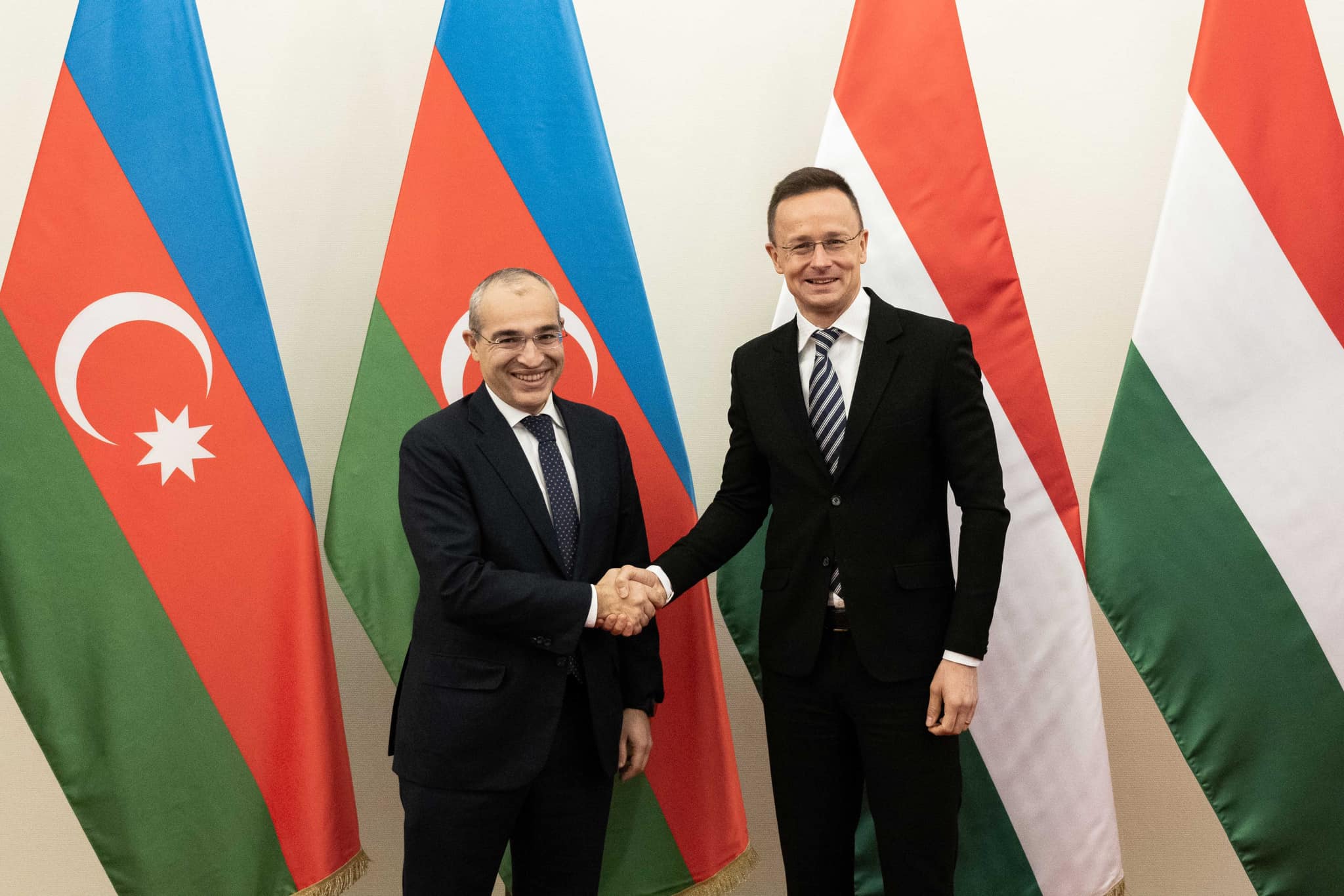
In 2022, the proportion of Europeans who are very worried about blackouts increased from 17% to 32% compared to 2021.Continue reading

Increased natural gas production in Azerbaijan could play an important role in the energy security of Hungary and Central Europe, but this requires the development of infrastructure in the region, which in turn requires EU support, Hungarian Foreign Minister Péter Szijjártó said on Tuesday. He added that it is in Hungary’s interest to be able to involve Azerbaijani resources in the supply as soon as possible.
At a joint press conference in Budapest with the Azerbaijani Minister of Economy Mikayil Jabbarov, Hungarian Foreign Minister Péter Szijjártó stressed that Azerbaijan’s importance to Europe has increased due to the severe energy crisis. He added that diversification in the short and medium term is best achieved by increasing the amount of natural gas produced in the South Caucasus country.
“It has become clear to everyone that so-called diversification is no longer enough to talk about, but has become a real physical necessity.”
If Europe cannot get new energy sources, if it cannot build new energy transport routes, its energy supply will not be secure,”
he warned.
Szijjártó said that Hungary, together with Bulgaria, Romania, and Slovakia, had appealed to the European Commission to make the issue a priority for Brussels to support the developments needed to guarantee energy security in the region.
He also welcomed Azerbaijan’s ambition to double its pipeline capacity to Europe by 2027, and said it was an important task to create the necessary contractual and physical environment to bring gas from the Southern Gas Corridor to the central part of the continent.
The Hungarian Foreign Minister pointed out that political commitment has been made from both sides, and the Hungarian government hopes that Azerbaijani gas can contribute to the domestic security of supply as soon as possible, for which inter-company negotiations have already started.
He said that the basis for this was good, as
there was already a strategic partnership between Hungary and Azerbaijan, and this cooperation would be raised to the level of a key strategic partnership during the upcoming visit of Azerbaijani President Ilham Aliyev this month.
In December, Hungarian Prime Minister Viktor Orbán, Azerbaijani President Ilham Aliyev, Romanian Prime Minister Nicolae Ciuca, and Georgian Prime Minister Irakli Garibashvili signed an agreement on the construction of a submarine power cable transmitting electricity from Azerbaijan to Europe in Bucharest. It will be 1,195 kilometers long, while Romania and Georgia will also be connected with an optic cable capable of high-speed internet data transmission.
Featured photo via Facebook/Péter Szijjártó